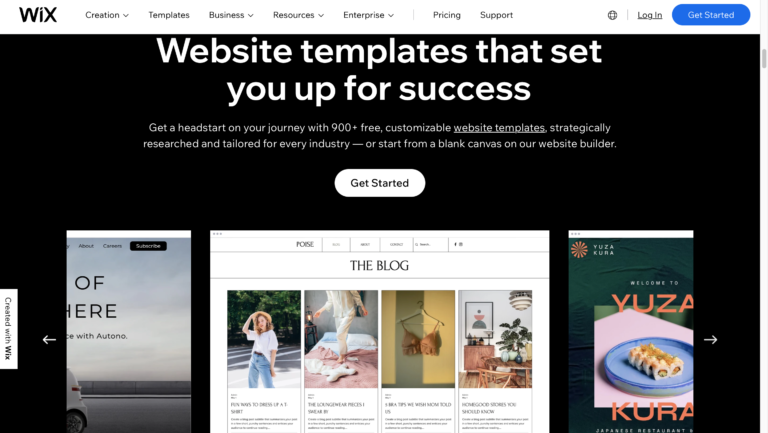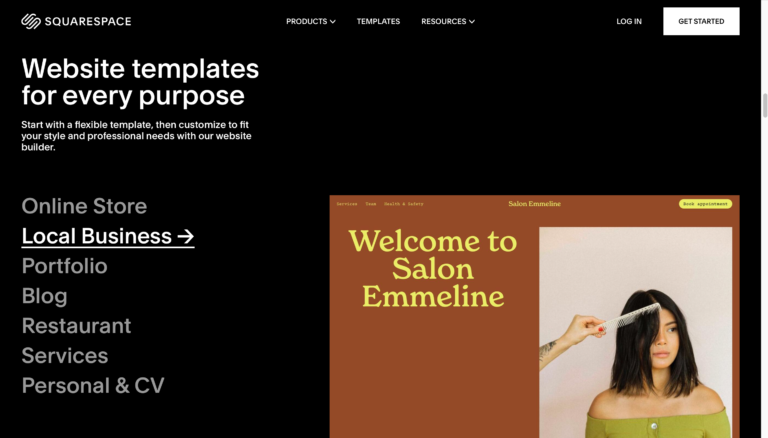Building Your Author Website: Choosing the Right Platform
Choosing the right platform to host your author website will be largely down to how you want to run your site. If having your own URL is important to you, then choosing a free WIX site won’t be for you. If you want to use templates, then Square Space could be an option. However, if you want to be able to completely design your site yourself, then WordPress may be more to your taste. In this article, I will go through the pros and cons of a variety of platforms to help you make an informed choice.
Wix
Wix can be a good option for those who want to pay one low price for everything. It is also an option for those who don’t mind Wix, including their name in your domain or as a banner, as this can make your site free. Wix has a superb choice of templates that can be easily edited and styled using the drag-and-drop feature. It also has a good range of widgets to personalise the functions of your page.
There are some downsides, however. One is that while there are loads of templates to choose from, once you’ve made your choice, you are stuck with it. Wix pages can also have issues with Search Engine Optimisation (SEO). For more complex websites, the “low” limit of 100 pages could be offputting. But for most authors, this isn’t an issue. The biggest issue is having to pay for your domain or you’ll have to have ‘Wix’ in your domain title.

Square Space
Square Space is another option for your website platform. Like Wix, it has 1000s of templates that can be personalised to your needs. Square Space also benefits from excellent customer support should you need help setting up your site. You are also able to make use of a mobile app to edit and update your site, which can be handy if you travel. The biggest selling point is that there are no plugins. Everything is built in, so you don’t need to worry about adding things to your site. Another big selling point is its bundled approach to cost. Hosting, site building, support and site security are all included as part of the cost.
The downsides to Square Space are minor. There is no autosave button which can put some people off, but is just something you need to live with. It takes seconds to save a site manually. Some templates can affect loading times, especially those with lots of images. A final niggle is the limited menu options. Again, as an author, this won’t be a huge issue as you are unlikely to need several layers of menus.

WordPress
WordPress is an open source platform which means anyone can add to it. This could be templates (of which there are 1000s) or plugins (1000s). It also benefits from an easy-to-use admin panel should you need to edit your site. The big advantage to WordPress is that you can completely edit your site to give it personality. If you know HTML or CSS, you really can go wild. But if coding is not in your skill set, there are loads of templates or plugins to help you.
However, there are of course disadvantages to using WordPress. Its use of regular updates should be a good thing, but not all templates and plugins are prepared for them, which means you need to check that the latest update hasn’t affected your site. Open source also means you need to be careful with what templates or plugins you use as anyone could add anything to them. Always check reviews and ideally do some research to find safe templates and plugins. A final issue is that without coding experience, making a website with WordPress can be a learning curve. An easy fix is to use a builder like Elementor to help you.

At the end of the day, the platform you choose is a personal matter. Do some research to find what works for you and your author business. And remember: nothing is permanent. If you make the ‘wrong’ decision, you can always change it. There may be some work involved, but it is achievable. Focus on what works for you right now.